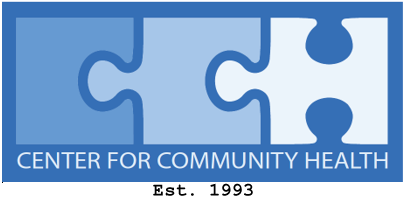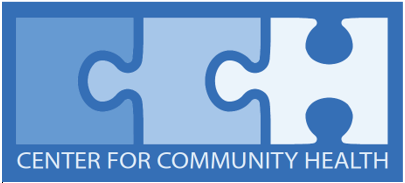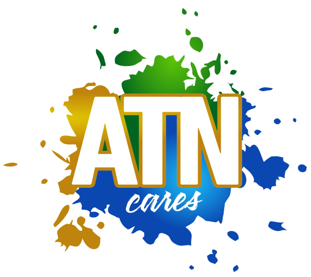Staff Resources
Acknowledgement Language
Below is the recommended language for acknowledging various grants on publications. Feel free to edit as needed for your specific journal:
ATN CARES
This study was supported by the Eunice Kennedy Shriver National Institute of Child Health and Human Development grant U19HD089886. The content is solely the responsibility of the authors and does not necessarily represent the official views of NIH.
Or
The Comprehensive Adolescent Research and Engagement Studies (CARES) is a program project grant funded by the Adolescent Medicine Trials Network for HIV/AIDS Interventions (ATN) at the National Institutes of Health (U19HD089886). The Eunice Kennedy National Institute of Child Health and Human Development (NICHD) is the primary funder of this network, with support of the National Institute of Mental Health (NIMH), National Institute of Drug Abuse (NIDA), and National Institute on Minority Health and Health Disparities (NIMHD). The content is solely the responsibility of the authors and does not necessarily represent the views of the National Institutes of Health.
CHIPTS
This work was also supported by the Center for HIV Identification, Prevention, and Treatment Services (CHIPTS) NIMH grant P30MH058107. The content is solely the responsibility of the authors and does not necessarily represent the official views of NIH.
T32
This work was funded by the U.S. National Institute of Mental Health (NIMH) grant T32MH109205. The content is solely the responsibility of the authors and does not necessarily represent the official views of NIH.
Staff Resources
Logos
Faculty and staff are encouraged to use the appropriate logo in your email presentations, posters, and any promotional materials in which a CCH project is co-sponsoring or is a collaborator.
Staff Resources
Language for Other Support Pages
Faculty & Staff may use the recommended language below when listing the ATN CARES project on their NIH Other Support Page:
U19HD089886 (Rotheram-Borus) | 09/30/2016 – 05/31/2021 | # calendar month effort |
NIH/NICHD | $2,812,233 |
A Comprehensive Community-based Strategy to Optimize the HIV Prevention and Treatment Continuum for Youth At HIV Risk, Acutely Infected and with Established HIV Infection.
This U19 will recruit and follow youth aged 12-24 at the highest risk of acquiring HIV – gay, bisexual, transgender, and homeless youth – in two HIV epicenters, Los Angeles and New Orleans. Youth will be triaged into one of three studies – 1) for acute infection, 2) for youth living with HIV to optimize the HIV treatment continuum, and 3) for seronegative high-risk youth to optimize the HIV prevention continuum
Staff Resources
Facilities & Other Resources Description
UCLA Semel Institute – Center for Community Health.
The UCLA Semel Institute Center for Community Health (CCH), directed by Dr. W. Scott Comulada, seeks to advance the understanding of and to improve the health, development, and quality of life of individuals within communities. With the support of federal, state and foundation grants, CCH researchers conduct projects that shape public policy, improves the wellbeing of individuals, and increases society’s acceptance of marginalized groups. CCH currently houses projects funded by the National Institute of Child Health and Human Development, the National Institute of Mental Health, the National Institute on Drug Abuse, the Centers for Disease Control, the William T. Grant Foundation, the World AIDS Foundation, the University-wide AIDS Research Program, the LA County Department of Mental Health, and the LA City AIDS Coordinator’s Office. Current and completed projects include: the Adolescent Medicine Trials Network for HIV/AIDS Interventions to prevent HIV infection among at-risk youth and link HIV-infected youth into treatment; interventions to reduce sexual and drug-using risk behavior adult and adolescent populations; interventions to promote health behaviors, including medication adherence, among HIV+ adults and youth; mental health service use among children and adolescents in LA County; maternal health intervention for pregnant mothers in South Africa; training commune health workers to devise effective HIV prevention strategies for people who use drugs and their families in Vietnam; and integrating providers’ network to improve care for people living with HIV who use drugs in Vietnam.





